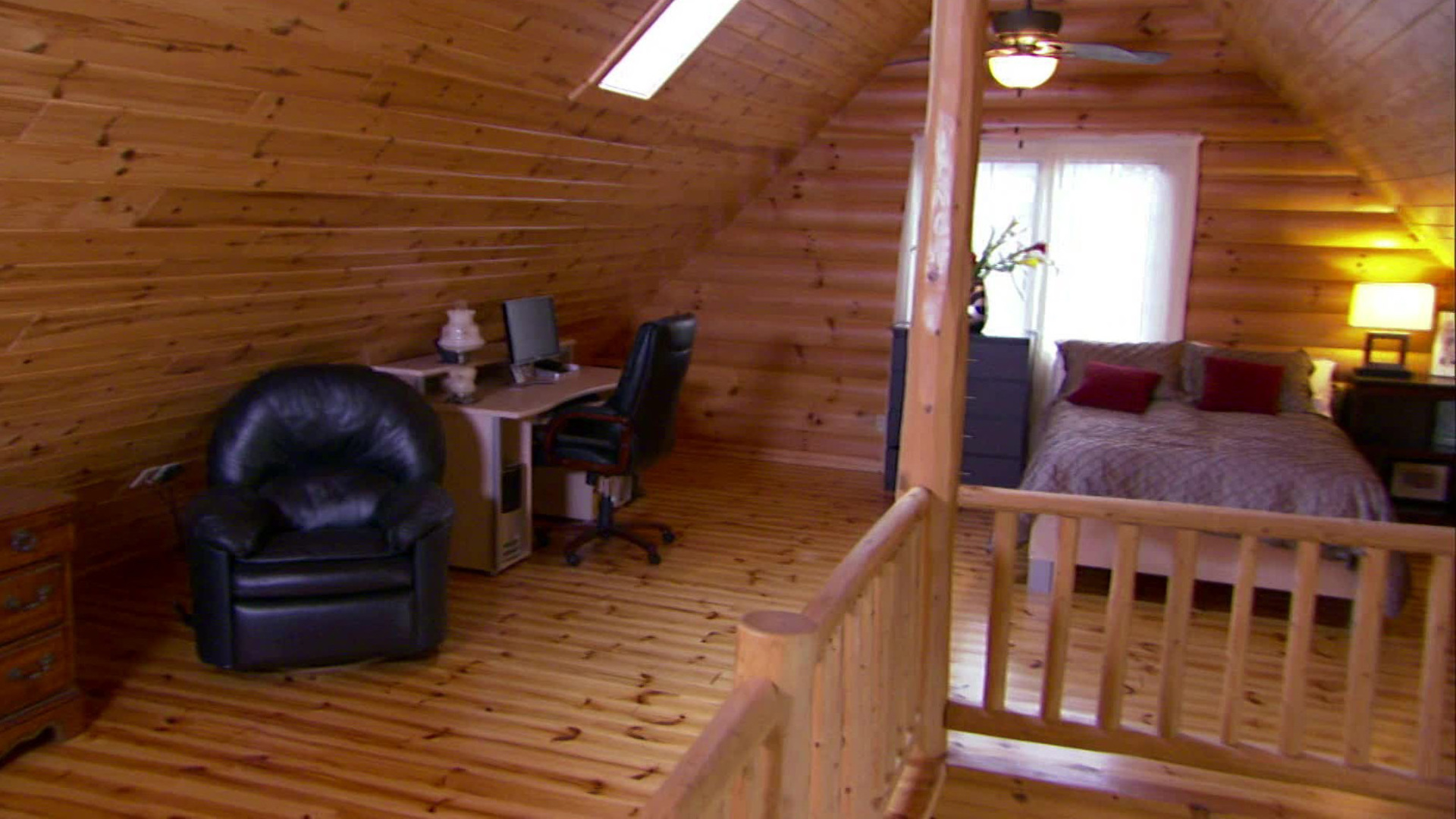Before you decide on buying a new house, you should check your potential habitat previously, as a smart owner would do. The best thing that you can do is to visit the residence on “open house day” since all chances are that the previous owners won’t be there, or, at least, they will expect to get inspected.
The following list will reveal some of the factors that could affect the final price significantly, so do keep these aspects in mind when you are going for a look out.
Heating System
Many owners simply skip their annual service, so feel free to turn on the heating system and check the radiators for leaks. If you can hear the pipes humming or producing any sort of a sound that is not natural, like squeaking and hissing, that might mean that the heating pump is not serviced for a long time, so do call an engineer to check this problem further.
Air Vent
Check for ventilation. You should start from the attic, and if it doesn’t have a vent, the moisture can cause real problems when it comes to indoor humidity. Condensation can lead to light fixtures getting wet, and this is a potential fire hazard if nothing else. You should definitely install airtight fixtures in the attic, if the previous owner didn’t bother to do so, but that’s only the beginning of your troubles with humidity.
Wood Rot
Wood that is affected by humidity will certainly rot. Previous owners might deal with this problem when it comes to doors and windows, but the joists are what you need to worry about. If you don’t spot that air vent in the attic, you should definitely inspect all wood in the house for signs of rotting. You should also look for dry rot, because some houses are simply old enough and this problem is very often, or in case they’ve had some problems with humidity in the past.
Foundations
Cracks in foundations could mean that the house is settling in. Or that the house is on an unstable ground, which could be a structural problem. Smaller cracks are easily mended, and you should do so because termites will get through those holes to joints and really make a mess of things. On the other hand, if the tip of your finger can fit in the crack, simply walk away so the house doesn’t fall down on you.
If the problem is serious, it can easily be connected to bad drainage around the exterior of the residence, and this might help you to spot this problem and be sure of it. No matter what the owner says, you need those cracks inspected. Which leads us to our next subject.
Bring a Friend
Well, not really a friend, unless you have a safety inspector as a friend because that’s who you need to call. When you are visiting a house that you are more or less sure about, you should definitely hire a professional that will check all installations for you, and don’t forget the plumbing as well. Although some of these problems are easy to spot, you can never be too sure. The older the house is, more the chances are that there might be some sort of a problem with it.
Hidden Costs
Your real estate agent will unquestionably provide all needed information about mortgage payments, tax and fees, and you need to go through them thoroughly. Check all insurances, all previous bills for gas, electricity, water, cable, etc. Don’t forget the look for the cost of property conveyancing, and of course, the council tax.
If you’ve checked all of the factors above and you are still interested in purchasing the property – congratulations! You’ve found honest owners and a great future home for your family. Enjoy your new home.

